Can You Use Dish Soap to Wash Your Car? Find Out Here
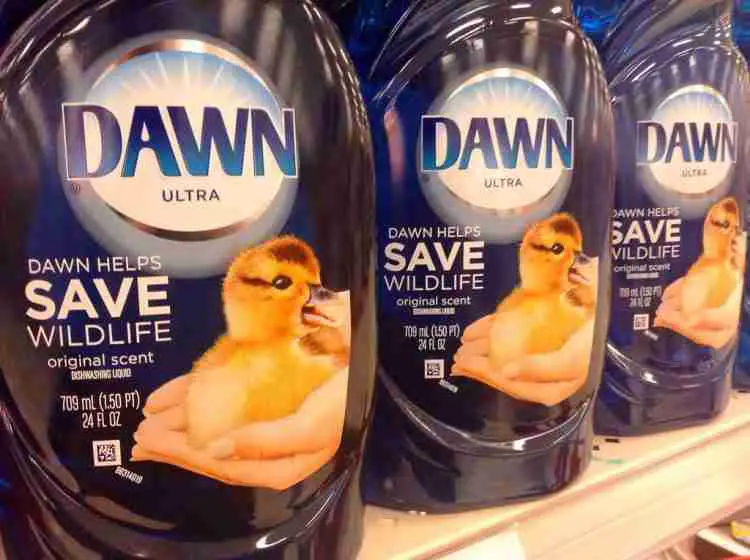
Can You Use Dish Soap to Wash Your Car?
Dish soap is an abrasive soap. They’re great at cutting through grease and removing food from surfaces. But can you use it on your car? The answer is no.
Dish soaps contain too many toxic and corrosive chemicals in their formulas. Over time these will eat through the protective wax and damage the bodywork. Let’s look at why dish soap isn’t suitable and what alternatives are better.
Avoid Dish Soap
Everybody wants to save money and time when they can. That’s why many people prefer to wash their cars at home. However, it’s important to do it the right way so you don’t unintentionally damage your vehicle. Also, don’t be tempted to add dish soap to your bucket of water.
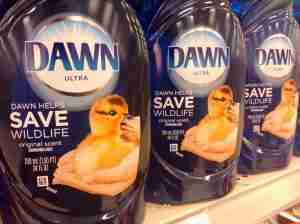
Brands like Dawn contain corrosive chemicals like methylisothiazolinone (MIT). The EU banned the use of MIT in body lotions, deodorants, and other cosmetics because of the health risk to humans.
Dish soaps aren’t pH balanced and regular use will damage your vehicle’s paintwork. They are designed to remove grease from pots, pans, and plates. Unfortunately, they’ll remove wax in the same way. It accelerates the oxidation process and can also degrade rubber.
What Makes A Good Car Soap?
If you value your vehicle, then buy a specialized product to clean it.
They aren’t very expensive and will last for a reasonable amount of time. Car soaps contain more lubricant, which is better for the surface of your vehicle’s exterior. However, if you can’t get your hands on car soap, there are some alternatives. None of these are perfect replacements and should only be used in a pinch.
All-natural detergents are safe to use because they don’t have abrasive ingredients. However, they’re not cheap, so it’s probably not the most cost-effective solution. Another alternative is shampoo. It’s not as harsh as other types of soap but still isn’t ideal. Don’t use it all the time, and wax your vehicle afterward.
Why is Car Soap More Effective?
Car soaps contain several formulaic ingredients that make them more effective than dish soaps. Let’s take a look at these now –
Balanced Surfactants
Surface active agents help to remove materials from the surface of your vehicle. These two-part molecules have two main components. One part works with water while the other is attracted to dirt.
The surfactants find dirt and seep underneath them. They then suspend them in water. This makes it easier to wipe them away without damaging your paint. Dish soaps don’t contain these surfactants and simply eat into the grease. This is counterproductive when you want to wash your car.
Lubricants
Lubricants are another key additive in car soaps. These are completely absent in dish soaps and are a major reason why you should never use them to wash your vehicle.
You don’t want to scratch your car when you’re washing it. Lubricants will help reduce the chance of this happening by surrounding debris and dirt. It’s best to use a microfiber towel when you’re wiping your bodywork. If you use an old t-shirt or rag, you can end up rubbing dust into the paint.
Easy Rinse Formula
Nobody wants their car to be covered in soapy streaks. Sadly, this is the frustrating reality if you use dish soap. This is because they don’t contain an easy-rinse chemical formula.
However, these formulas are an integral component of car soaps. It makes it easy to hose down your car without leaving a trace behind. You should be able to finish cleaning your car in less than 20 minutes.
On the other hand, dish soap takes much longer to wipe off. That’s why we fill a sink full of warm water when we use it. Dish soap also leaves water spots and damages painted surfaces through oxidation.
How to Wash Your Car With Dish Soap
As we’ve already said, washing your car with dish soap is not ideal because it will remove wax. But some people want to do this before applying a fresh coat of wax. Dish soap is still not as effective as specialized wax removers, but you can use it. But don’t use it for consecutive washes because this isn’t safe.
Follow our step-by-step guide below –
1. Rinse your Car

Use a hose or a sponge and hot water to rinse rough grit and dirt from your car’s vehicle. This will make it easier to deep clean with soapy water.
2. Wash the Wheels
Fill a bucket with fresh soap and water. Take a brush and clean the wheels of the car first. This is the dirtiest part of the car. You will need to replace the water after this step.
3. Bodywork
Gently wipe one side of the bodywork with a microfiber sponge. You want to remove as much wax as possible. Avoid excessively rubbing the same areas because this can cause damage.
Don’t forget to rinse your sponge because it will collect dirt. Remember to clean in straight lines because circles will cause soapy swirls on the bodywork,
4. Rinse Again
Take your hose and rinse the side you have just cleaned before washing the other side of the vehicle. After completing the second side, you will need to rinse again.
5. Dry Your Vehicle
It’s best to use a microfiber towel to dry your car after washing it. Air drying can cause water spots to appear and result in oxidation.
6. Wax Your Bodywork
Now it’s time to wax your vehicle’s exterior to preserve the integrity of your paintwork.
Final Thoughts
Dish soap can be used if you want to remove a coat of wax. However, it’s not ideal for washing your car unless you don’t have a viable alternative. Don’t scrub too hard, and make sure you apply wax as soon as your car is dry again.
It’s best to use car soap and specialized wax remover because they are designed for these purposes. They’re also healthier to work with because they contain fewer irritants.
Remember never to use dish soap for successive washes, or you’ll definitely damage your car.


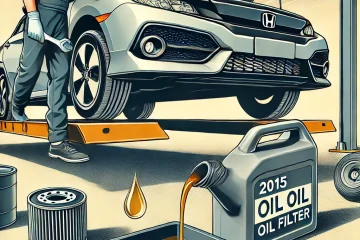


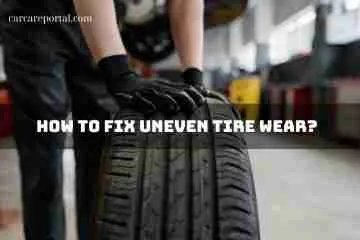
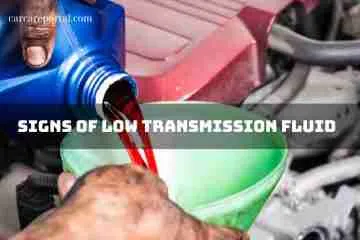

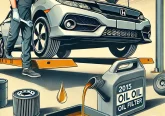

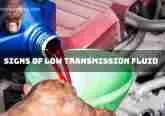

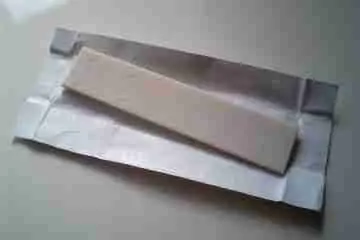
No Comment